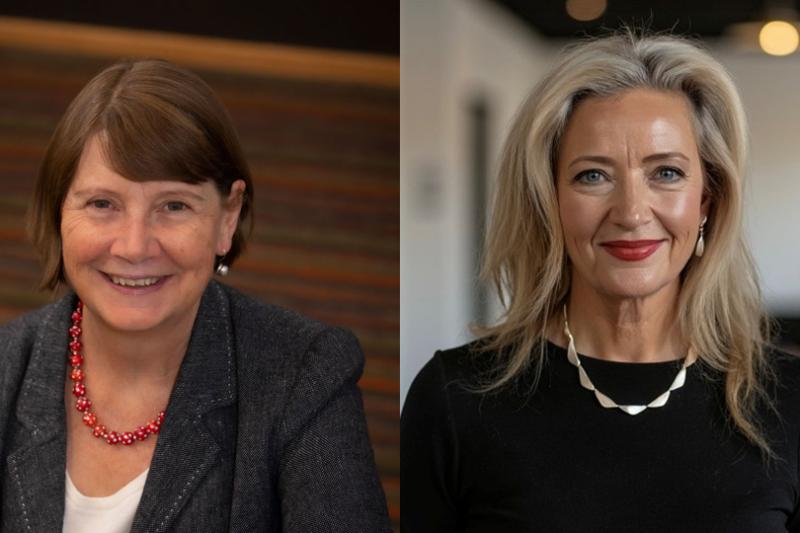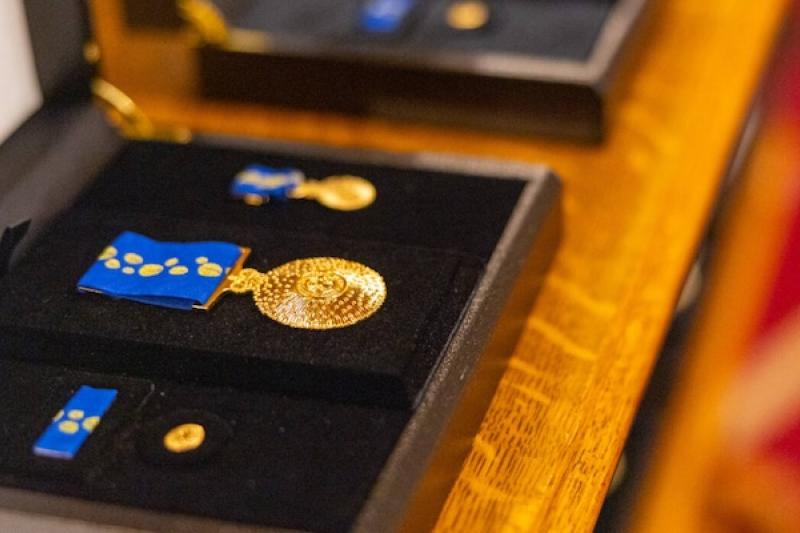New report from Professor Bill Lucas: Learning to be an engineer

Professor Bill Lucas has co-authored a new report Learning to be an Engineer (PDF) in collaboration with the Royal Academy of Engineering in the UK.
The report suggests playful experimentation, learning from failure and school engagement with professional engineers helps to raise the achievement and aspirations of students of all abilities across the whole curriculum. Six ‘engineering habits of mind’ (EHoM) identified from earlier research, Thinking Like an Engineer: implications for the education system (2014), are used as the basis for this new report:
- systems thinking
- adapting
- problem-finding
- creative problem-solving
- visualizing and improving.
The research described ways in which curricula based on engineering habits of mind have boosted their pupils’ achievement and also enhanced the teachers’ confidence to engage with the engineering profession. It finds that encouraging students to develop ‘engineering habits of mind’ has far reaching benefits beyond science and maths and suggests schools should focus less on ‘subjects’ and more on teaching problem solving skills.
If we are going to attract more young people into engineering then schools have to rethink the way they teach... if you choose learning methods which foster engineering habits of mind such as problem-finding and problem-solving, systems thinking and visualising, then learners become more engaged.
The project suggests three changes needed to attract more young people into engineering:
- move away from a focus on disciplinary knowledge (subjects such as mathematics and science) and develop a better understanding of the ways engineers think and act using engineering habits of mind (EHoM)
- describe the teaching and learning methods most suited to cultivating EHoM
- build teacher capability through professional development to embed EHoM into their everyday teaching.



